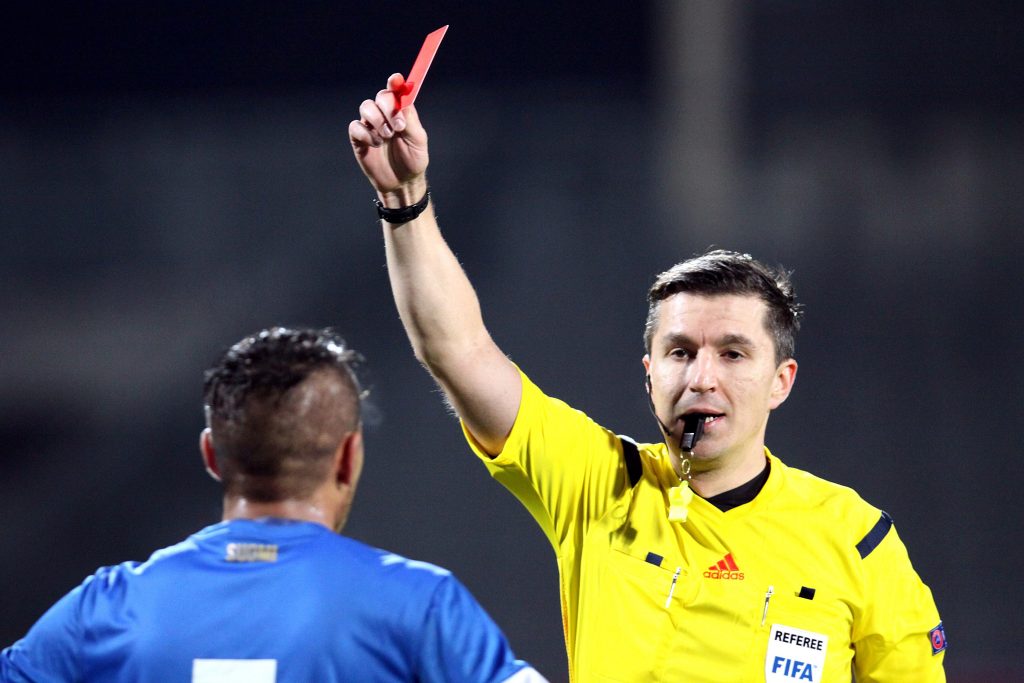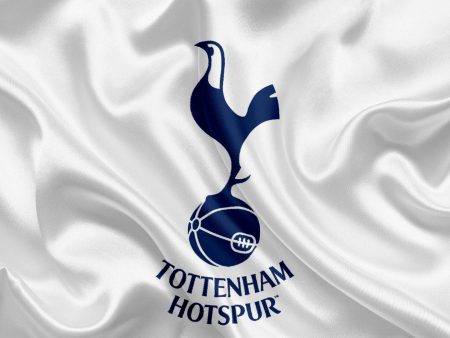
Can Managers And Coaches Get Yellow And Red Cards?
Soccer is a game that is governed by rules, and one of the most important aspects of the game is discipline. Players are well aware of the consequences of their actions on the field, and they can receive disciplinary action in the form of yellow and red cards. But what about coaches and managers? Can they also be shown yellow and red cards? The answer is ‘yes’ they can also get yellow cards due to a violent conduct in a one-match time. Also, as we know, after the second yellow card coach get a red card and would receive one-match ban. Let’s delve into this interesting topic and explore the possibilities.
History of Cards in Football
The use of cards as a means of disciplinary action in football originated in the 1960s. Prior to this, referees used to implement various forms of punishment, such as verbal warnings or temporary dismissals. However, the lack of standardized punishment led to confusion and inconsistency. In 1966, the first red and yellow cards were introduced by English referee Ken Aston during the World Cup in England, part of the International football association board and national league.
Since then, these cards have become an integral part of the game. In the initial years, cards were only shown to players on the field for their actions. It was not until the 1990s that the idea of extending this disciplinary measure to coaches and managers started gaining traction. So, it’s possible for soccer coaches get yellow card and then after a second to be shown a red card. Sometimes, the is even a straight red card for arguing with the staff in the technical area or restarting play in the match.
Potential Benefits of Manager and Coach Cards
One of the primary arguments in favor of allowing coaches and managers to receive yellow and red cards is the need for accountability. Just like players, coaches and managers play a crucial role in influencing the game. Their behavior and actions can have a significant impact on the players, referees, and the overall atmosphere of the match. By subjecting them to the same disciplinary measures as players, it creates a sense of fairness and equality.
Additionally, showing cards to coaches and managers can help in maintaining order on the sidelines. The technical area, where coaches and managers usually sit, is notorious for a high level of emotional involvement. This can often lead to heated arguments and even physical altercations. By having the authority to show cards, referees can deter such behavior and ensure a safer environment for everyone involved.
Potential Risks of Manager and Coach Cards
While there are arguments in favor of manager and coach cards, there are also valid concerns regarding the implementation of such disciplinary measures. One of the concerns is the potential disruption to the flow of the game. As coaches and managers leave their technical area to protest a decision or argue with the officials, it can cause delays and interruptions.
This can have a negative impact on the momentum and intensity of the game. Another concern is the increased authority given to the referees. While referees are entrusted with the responsibility of enforcing the rules of the game, they are not infallible. Giving them the power to show cards to coaches and managers can lead to subjective decisions and potential abuse of power. It is important to strike a balance between maintaining discipline and ensuring fair play.
International Experiences with Manager and Coach Cards
The use of manager and coach cards varies across different leagues and competitions around the world. In the English Premier League, coaches and managers can be given yellow and red cards. However, it is important to note that not all offenses can result in a card. The decision to show a card to a coach or manager is left to the discretion of the match officials. Can a Premier League manager get a yellow or red card in an official match? The answer is yes, if their behavior is deemed to be in violation of the rules and regulations.
Other football associations, such as the EFL and FA, also have provisions for showing cards to coaches and managers. The laws of the game allow for disciplinary action, including suspensions and fines, for misconduct on the sidelines. In some cases, managers have received red and yellow cards for their actions. A notable example is when Manchester United Sir Alex Ferguson manager receives a touchline ban and a fine for his comments about a match official. These incidents highlight the consequences that coaches and managers can face for their behavior on the field of play.
Final Thoughts on Manager and Coach Cards
The introduction of manager and coach cards in football has sparked discussions and debates among fans, experts, and officials. Proponents argue that it promotes accountability, maintains order, and ensures fair play. Critics express concerns about disruptions to the game and potential abuse of power by referees. Ultimately, the decision to implement manager and coach cards lies with the governing bodies of football. They need to weigh the potential benefits against the risks and make a decision that best serves the integrity and spirit of the game.
Conclusion of can a Premier league manager get a yellow and red cards in an official match?
In conclusion, soccer coaches can receive yellow and red cards in certain situations. While this practice is not universal across all leagues and competitions, there are instances where coaches and managers have been shown these cards for their behavior and actions on the sidelines. The use of manager and coach cards aims to bring accountability and discipline to the game, but it is crucial to strike a balance between maintaining order and ensuring fair play. As the game evolves, it is important for the governing bodies of football to continue evaluating and refining the rules to create a better and more enjoyable experience for everyone involved.
This system of discipline could be helpful in maintaining the integrity of the game. Ultimately, the decision to use manager and coach cards should be made on a case-by-case basis. The implementation of disciplinary cards could be beneficial in some sports and detrimental in others. It is important to consider the specific context of each sport and the potential outcomes of a disciplinary system before making a decision.











